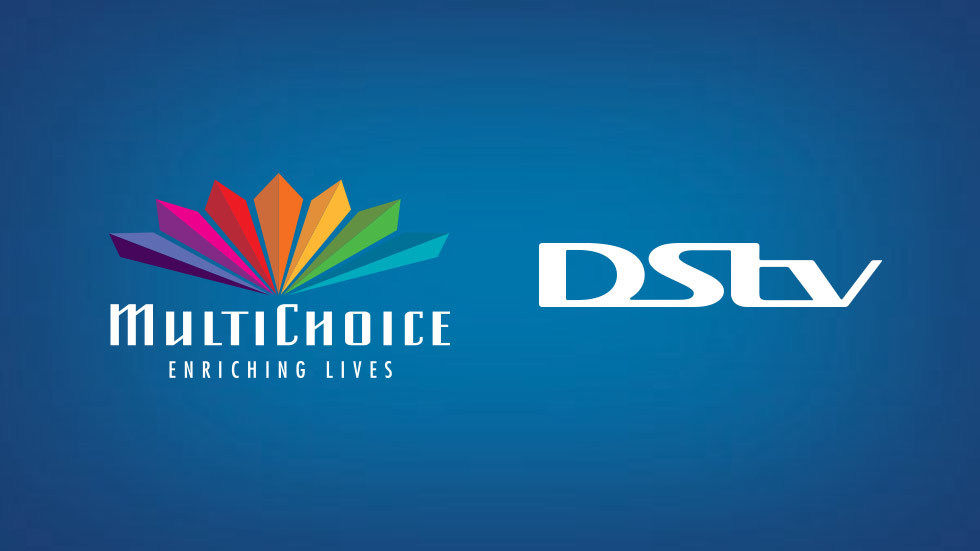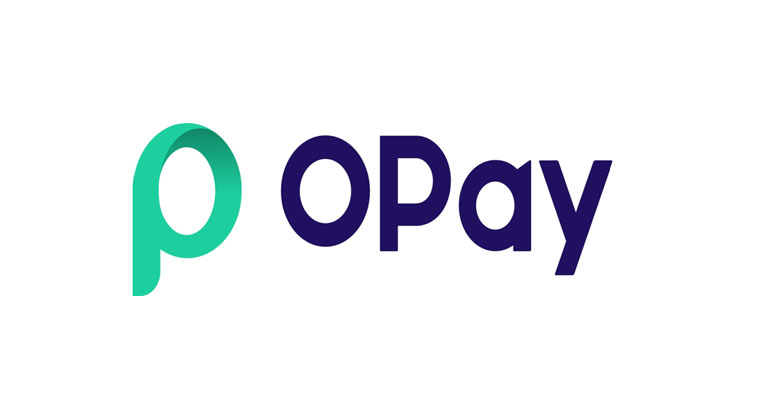Today, Opera (NASDAQ: OPRA) becomes the world’s first alternative browser optimized for Chromebooks. The Opera Browser brings many unique features previously unavailable on the Chrome OS platform, including a free, unlimited, no-log browser VPN, built-in messengers, ad blocker, cookie dialog blocker and color themes.
With 30 million Chromebooks sold in 2020 and forecasts that a further 40 million will be shipped in 2021, Chrome OS has become an important operating system chosen by many for its convenience in both work and education. Chromebook shipments grew 276% in Q1 2021, hitting a record high of 12 million units in the first three months.
Even with their growing popularity, Chromebooks had until now lacked a full-featured browser alternative to Chrome that was optimized for these specific devices.
According to a study by Opera, people tend to use more than one browser and want different browsers for different purposes, e.g. one for work-related matters and the other for personal needs and their free time. Opera is the first alternative browser optimized for Chromebook that gives them that choice.
“Chromebooks, with their user-friendly interface and touchscreens, are excellent devices for people’s everyday needs. We decided it’s high time their users got access to an excellent alternative browser with a unique set of features they’ll find both useful and fun.” said Stefan Stjernelund, product manager of Opera for Android.
Opera’s unique features now available on ChromeOS
Opera on Chrome OS comes with a set of unique functionalities, including built-in messengers, a free, unlimited built-in VPN, ad blocking and tracker blocking, protection from annoying GDPR-related cookie dialogs as well as a built-in crypto wallet.
The Opera browser also makes surfing the web on Chromebooks more colorful with a set of five color themes available in both light and dark modes.
Netflix binge-watchers, late-night readers and workaholics will be happy to find that Opera is also eye friendly. The special night mode available in the browser protects Chromebook users from the blue light glare that disrupts sleep patterns, as well as relieves those nearby from disturbing light.
Laptop experience
To make browsing on Chromebook as easy, fast and lightweight as possible, Opera for Chromebook is based on the Opera Browser for Android with custom-made optimizations that deliver a full-fledged laptop experience while maintaining all of its unique features. Users can keep using their mouse and keyboard, as well as useful keyboard shortcuts such as Ctrl +T for opening a new tab and Ctrl + L for focusing the address bar.
Opera for Chromebook can be seamlessly synchronized with other Opera browsers, both on desktop computers, as well as on Android or iOS phones. You can sync them using the Flow feature by simply scanning a QR code. This creates a personal, end-to-end encrypted chat with yourself that lets you take notes, store images and small files, as well as save links for later reference on any of your devices with Opera.
Opera Browser for Chromebook – Flow Sharing
Built-in WhatsApp, Telegram, Instagram, Twitter and Facebook Messenger
Opera wouldn’t be Opera if it didn’t give you instant access to your favorite messengers. As the only browser offering this functionality on Chromebooks, it allows you to chat with friends and coworkers or check your Instagram and Twitter without having to interrupt your browsing or reach for your phone. All the messengers you need are within your reach.
The browser of choice for millions of people
This release completes the Opera ecosystem, making Opera available on all major operating systems: Windows, Mac, Linux, Android, iOS and now Chrome OS.
The Opera browser is the browser of choice for millions of people worldwide.


 Forex4 weeks ago
Forex4 weeks ago
 Naira4 weeks ago
Naira4 weeks ago
 Billionaire Watch3 weeks ago
Billionaire Watch3 weeks ago



 Naira4 weeks ago
Naira4 weeks ago






 Naira3 weeks ago
Naira3 weeks ago


 Naira2 weeks ago
Naira2 weeks ago






 Naira2 weeks ago
Naira2 weeks ago


 Naira2 weeks ago
Naira2 weeks ago











